How exile changed the Taliban
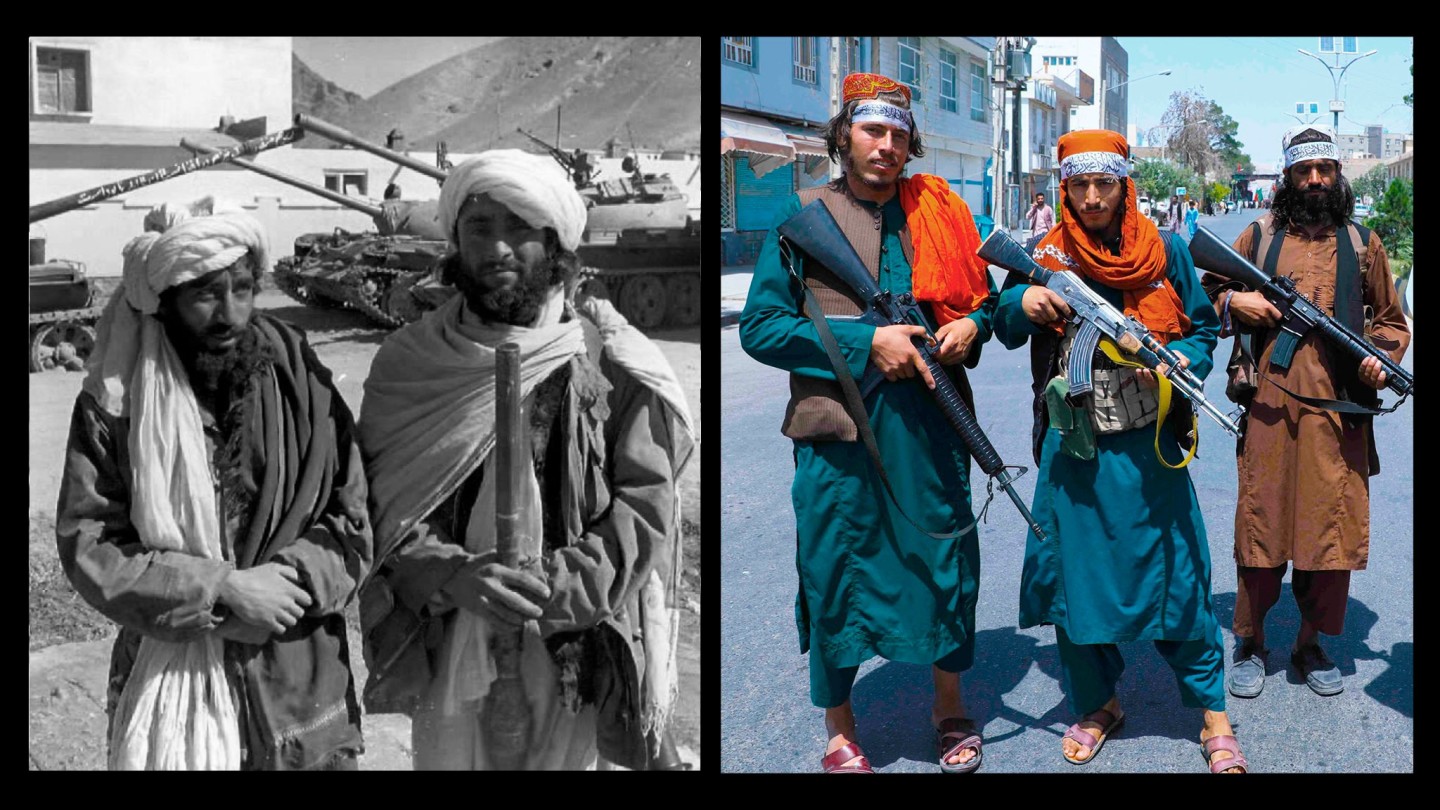
Roula Khalaf, Editor of the FT, selects her favourite stories in this weekly newsletter.
It was fear of history repeating itself that prompted Ashraf Ghani, Afghanistan’s former president, to flee the country as the Taliban entered Kabul.
As Ghani later explained on Facebook, he did not want Afghans to see “the president hanged once more” — a reference to Mohammad Najibullah, the communist-era leader who was strung up soon after the Taliban stormed the capital in 1996.
But the Taliban leaders who reoccupied Kabul this month are displaying little interest in a straight rerun of the past. Instead of lynching ex-presidents, delegations of portly Talibs have called on Hamid Karzai, Ghani’s predecessor as president, for drawing-room discussions about the creation of an “inclusive Islamic government”.
The movement’s spokesman has promised to respect the rights of women, not seek vengeance on Afghans who worked for the previous government and not allow Afghanistan to be used as a base to harm other countries.
Taliban officials have had meetings aimed at reassuring Kabul’s Shias and Sikhs — two communities fearful of Taliban rule.
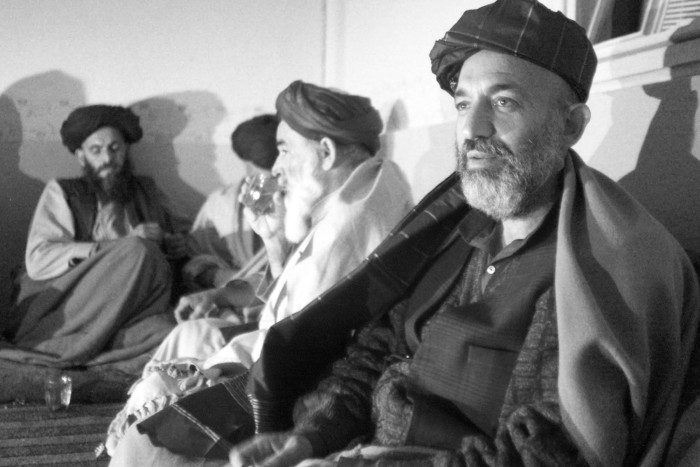
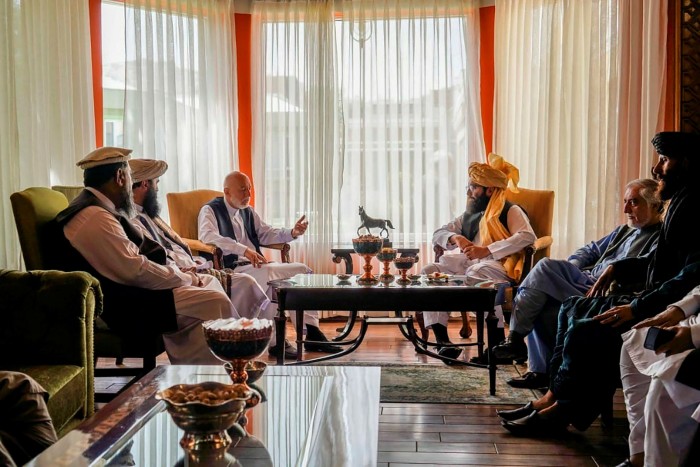
Nonetheless, there are serious doubts whether the government will be truly inclusive. The UN has received reports of executions of civilians, restrictions on women and the prevention of protests. On Tuesday, the Taliban closed the road to Kabul airport for Afghans.
But some optimists dare to hope that the Taliban is a changed organisation. Omar Samad, a former Afghan ambassador to Canada and France, said there was no doubt that “some level of transformation” had taken place among the Taliban’s leadership.
Exile alters outlook of mullahs
The experience of exile, after the fall of their regime in 2001, altered the outlook of traditionalist mullahs who had only ever known village life.
They moved to cities in Pakistan or the Gulf. Some spent time in jail, including Abdul Ghani Baradar, the Taliban’s deputy leader and co-founder, or were detained in Guantánamo Bay. For the past 10 years the Taliban’s “political commission” has operated from the gleaming modernity of Qatar.
They have been continuously badgered in Doha by foreign diplomats who urged them to break ties with al-Qaeda, endorse rights norms and commit to other changes that would make them palatable to the international community.
“They travel the world and are welcomed by foreign leaders,” Samad said. “They paid close attention to other countries in the Islamic world, particularly Pakistan, but also Saudi Arabia and Indonesia. It’s given them a much broader range of experiences and made them more worldly.”
But for all their exposure to the outside world, they still lack the skills needed to administer a state far more developed and complex than the war-shattered emirate they once controlled.
‘They realise they don’t have expertise’
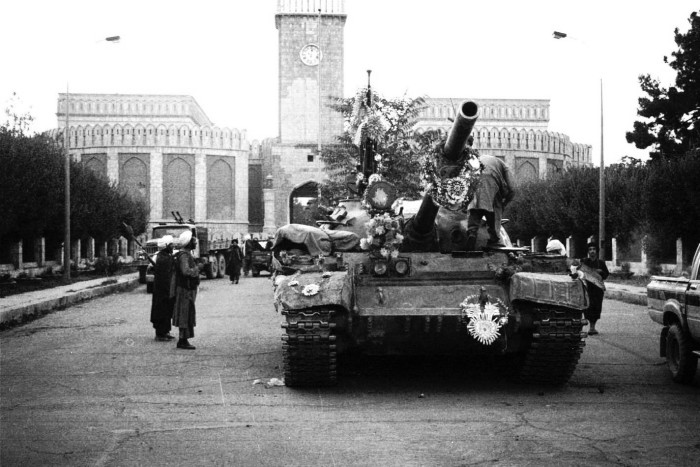
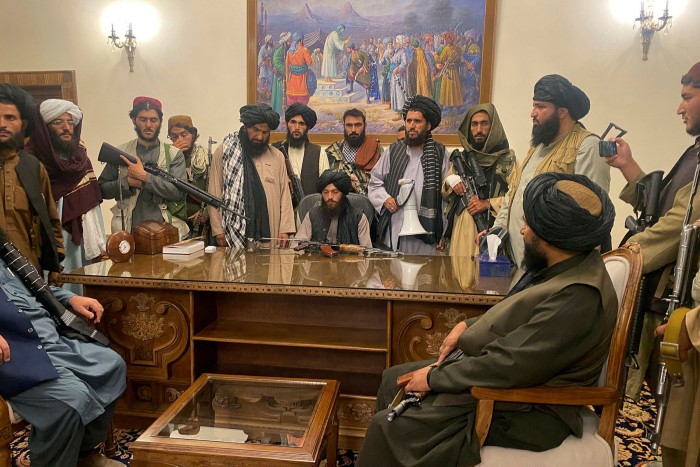
Afghanistan now has thousands of miles of roads to maintain, electricity imports from neighbouring countries to pay for, and a population used to a stable exchange rate and access to consumer goods and mass education.
Legend has it that Mullah Omar, the Taliban’s deceased founder, used to keep the national reserves in 44-gallon drums in his compound in Kandahar. Last week, officials at the central bank had to explain to a group of Talibs that the country’s $9bn in foreign reserves was unavailable for inspection because it is held with the Federal Reserve Bank in New York — and anyway had been frozen by the US government.
“They realise they don’t have the expertise that they need,” said Samad. “They are reaching out to technocrats and renowned Afghans. They know they are going to need these non-Taliban figures in their government.”
Discreet efforts have been made in recent years by the international community to help the Taliban’s political leadership grasp the intricacies of running a government utterly reliant on international funding.
The results have not always been encouraging. One western official involved in a training initiative on modern governance said the top Talibs appeared unconcerned about how billions of dollars of direct financial assistance were contingent on commitments to curb corruption and protect human rights.
“They assume that any money that the west doesn’t give them will be replaced by China, Pakistan, Russia and Saudi Arabia,” the official said.
Thomas Ruttig, a founder of the Kabul-based Afghanistan Analysts Network, said the Taliban had always been a “learning organisation” well aware of its past failures. Some former officials of the Taliban’s 1990s government admit their time in power was disastrous.
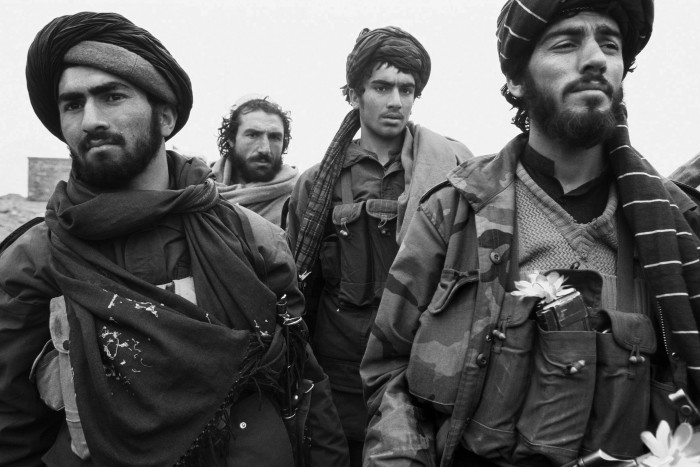
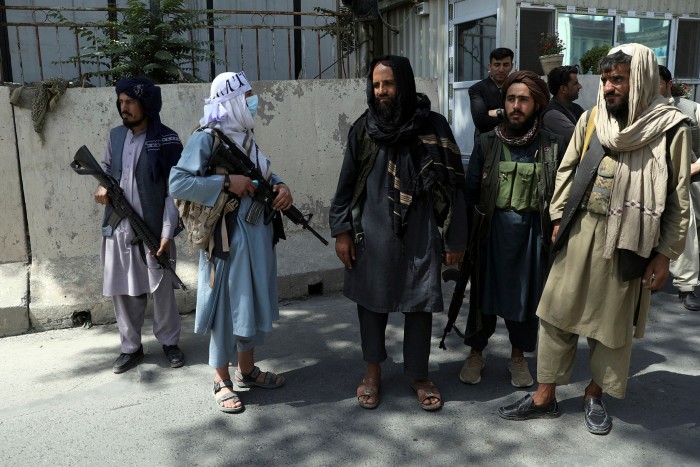
The determination of then-leader Mullah Omar to continue to host al-Qaeda leader Osama bin Laden in Afghanistan split the movement and guaranteed global isolation. The imposition of harsh rules also made the Taliban unpopular, including among Afghans who had at first welcomed them.
“They understand now that they cannot rule the entire country with repression,” said Ruttig. “But that doesn’t mean they are the Liberal party of the UK.”
A movement that once banned television has come to master social media, video production and websites in multiple languages. It still disapproves of both television and smartphones, Ruttig said. But the technologies are now too pervasive and too useful not to use.
Reaching out to other communities
Perhaps the Taliban’s most consequential change has been its efforts to win support beyond its traditional constituency of Pashtuns, Afghanistan’s largest ethnic group.
The backing of some Tajik and Uzbek communities helped the Taliban make spectacularly rapid territorial gains this summer in northern Afghanistan, a largely non-Pashtun area long assumed to be immune from Taliban infiltration.
“They made a real effort to reach out to disenfranchised communities and also intimidate them,” said Ashley Jackson, a researcher who has interviewed many Taliban figures. “The government made it easy for them by being absolutely terrible. Local militias victimising people are incredibly unpopular.”
When a member of the Hazaras, a community brutally persecuted in the 1990s by the Taliban, took up a minor role as a Taliban official in an obscure district last year, the movement’s media outlets gave it blanket coverage.
But for all that the Taliban’s leadership may have changed, many of its foot soldiers have regressed to an even more radicalised state than anything seen in the 1990s.
In the chaos outside Kabul airport this week, they resorted to using whips against women and children. Many remain awestruck by the high-rise development of Kabul, the biggest city they have ever seen.
The neat, middle-aged leaders having tea with Karzai may struggle to sell reforms to this unkempt rank and file.
“Controlling these people will be one of the biggest challenges for the leadership,” said Samad. “Somehow they are going to have to maintain cohesion whilst managing the extreme viewpoints of their followers.”
A movement that remains factionalised
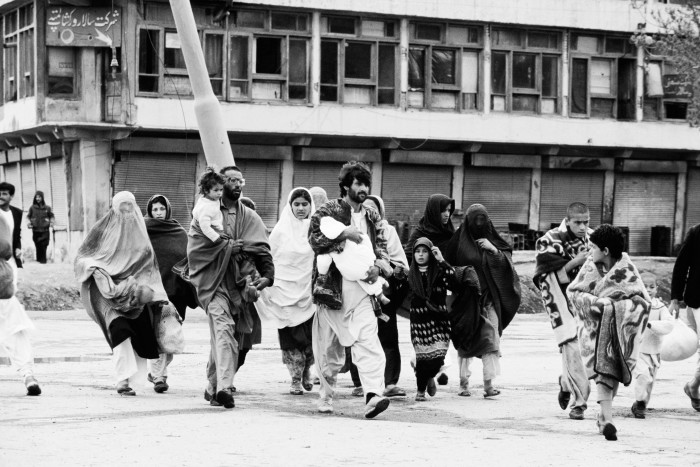
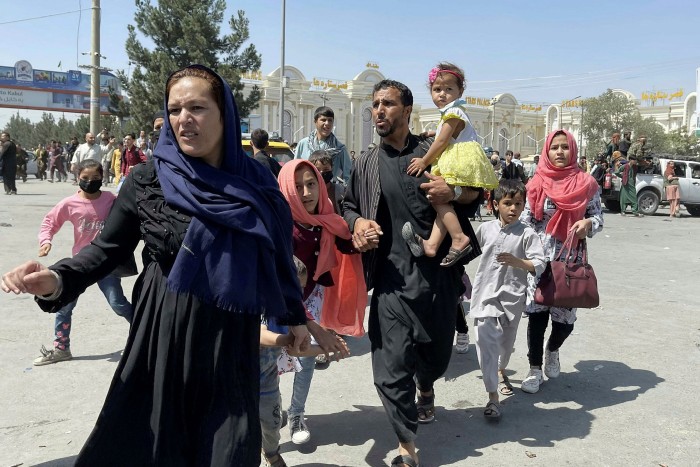
Critics say the limit of the leadership’s power has already been exposed by reports of abuses in areas under Taliban control. On Tuesday, Michelle Bachelet, the UN’s high commissioner for human rights, described credible reports of incidents that included summary executions of civilians, restrictions on women and the prevention of demonstrations by people opposed to Taliban rule.
The factionalised nature of the movement has been highlighted by the decision to give responsibility for Kabul’s security to the Haqqani network, a Taliban affiliate with deep ties to al-Qaeda and subject to US sanctions.
As part of the withdrawal agreement signed with the US, the Taliban committed not to co-operate with groups that threaten US security. A UN report in July found that the Taliban remained “closely aligned” with al-Qaeda.
The Taliban has given itself plenty of wriggle room in its public statements. Many fear that its promise to respect “the rights of women within the framework of sharia” will fall far short of international expectations.
An even bigger red flag, warned one western diplomat, is its fondness for the phrase “Afghan traditions and customs” which it says will have to be adhered to.
Few expect the talk of an inclusive government to amount to much, beyond a few holdovers from the now-defunct republic being given figurehead roles in the forthcoming emirate.
Baradar hinted at the limits of his warmth towards former enemies when he met Karzai at a peace conference in Moscow in March. According to a western official, Baradar did not respond well to Karzai’s flattery.
He said he would never forget how his children had been forced to flee a raid by US forces. They had “run barefoot through the thorns of the desert”, he growled at the former Afghan president.
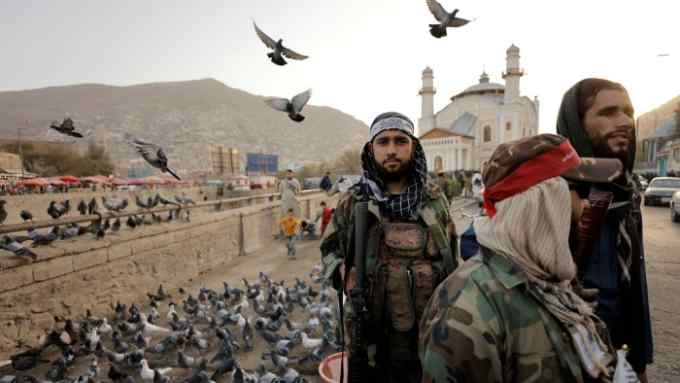
Comments